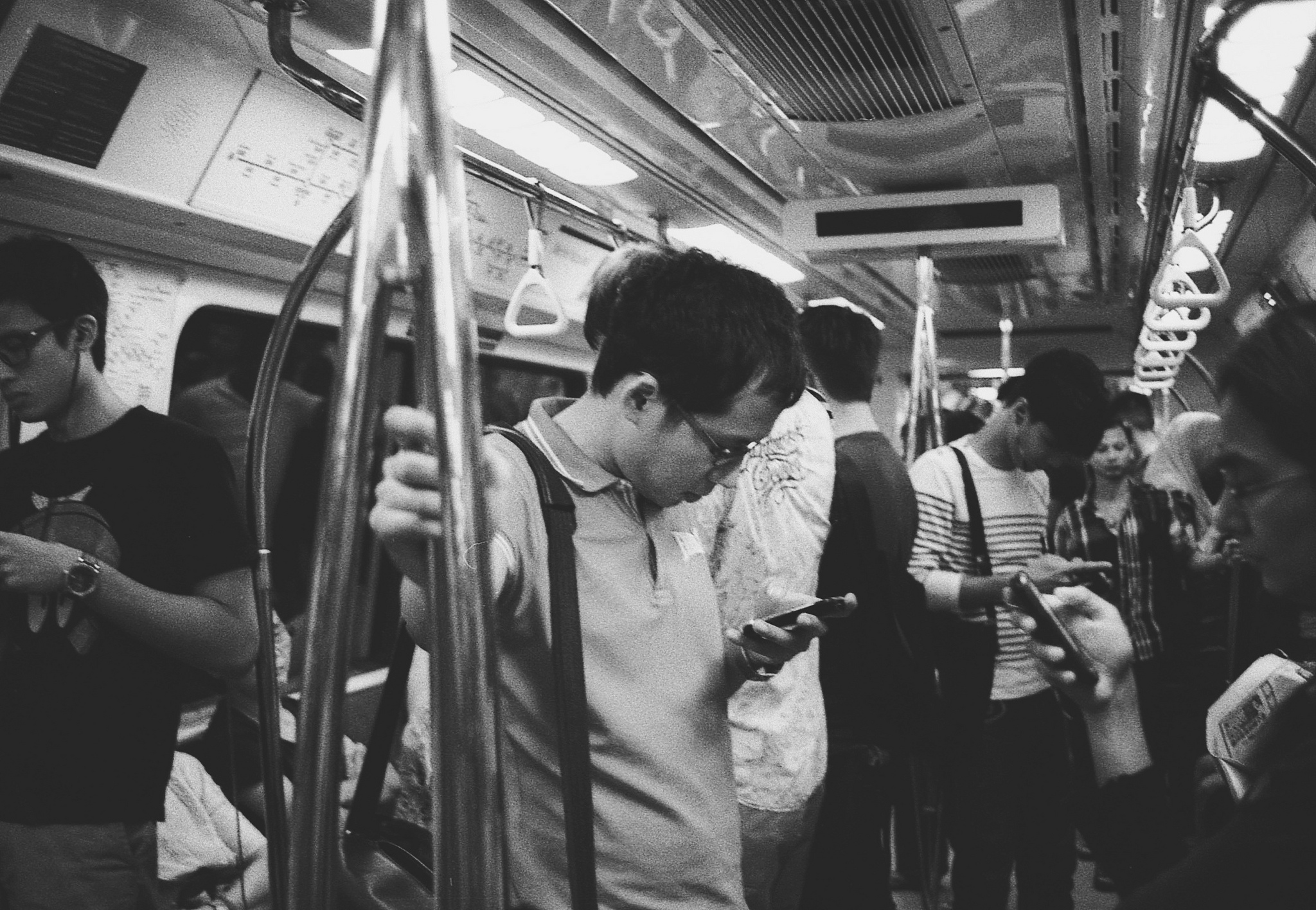
We are by our very nature, social beings. We thrive on inclusion, relationships, and the ability to contribute and participate in our community. As we grow older and retire, our capacity to engage and maintain networks becomes even more necessary when the social contact that comes from the workforce is gone. Even those who’ve had busy, active social lives for the majority of their life can find that they become socially isolated due to the complexity of later years – relationships decline due to bereavement, reduced physical mobility, poor health and age discrimination.
In 2006 the Australian Bureau of Statistics found that, within a week, one in four older Australians had no face-to-face contact with family and friends outside their household. It also found that more than eight percent of people aged 75-84, and living in the community, had not participated in any informal social activity in the previous three months.
The consequences of social isolation are real and visible, not only does it place an enormous impact on the individual; it places a huge burden on health. Studies have shown that social isolation can result in insomnia and depression, and contributes to a greater likelihood of developing dementia and elevated blood pressure, amongst other health problems. Research has also indicated that low levels of social interaction harms life longevity as much as alcoholism, smoking and obesity, suggesting that social interaction be considered an important factor for extending lifespan, on a par with other health and lifestyle factors.
Given the fact that seniors are at an increased risk of social isolation and the health impacts associated with it, there is a consensus in the aged sector that more needs to happen to ensure all older people have the opportunity to stay involved and socially active as they age.
In November 2011, aged care provider Benetas and the Victorian Department of Health brought together older people and workers from aged care organisations, various ethnic communities and local and state government representatives to explore the issue of social isolation and its impacts on older Australians.
The forum found that older people, regardless of their social, cultural or financial background, can become socially isolated. It also found that although those living alone are most likely to experience social isolation, those who live in residential care are also at risk especially if they lack opportunities to participate in the community outside the residential home.
Following on from the forum, Benetas announced the Social Inclusion for Older People Taskforce which will engage and coordinate older person organisations, with the aim of developing an action plan on social isolation.
But what are the elements that need to be considered? What steps must be taken to reduce social isolation and prevent it for future generations?
Here’s some ideas:
- Older people in our community must be encouraged and facilitated, through projects and initiatives, to develop social connections in education, leisure, health care and advice. This might mean more partnership agreements between the aged care service providers, government groups and private enterprise.
- Encouraging and teaching our older generation to use computers will greatly reduce feelings of isolation, enabling them to feel connected to their families and peers via social networks such as Facebook and the recently launched Tapestry platform.
- Promoting positive ageing is also an important step when considering how older people can remain socially connected and engaged. Tackling ageism in employment, by addressing the barriers faced by older people, will bring us closer to equal participation in the workforce
- Transport is also an issue, especially for those living in rural areas. Not only does transport need to be accessible and affordable for older people, it must be a priority to ensure it makes transport available to people who need it, when they need it.
- A person-centred approach, which makes sure older people are genuinely consulted and involved in the planning of services and solutions, will enable them to feel valued members of their local communities. In fact, meaningful engagement with older people and families is the only solution to social isolation. New technologies and universal internet access make it easier for people to connect, so mobility is also no longer a barrier. All that is required is willpower and an investment in time.
At a time when Australia’s ageing population challenges are well documented, the importance of social cohesion and community support systems to reduce and tackle social isolation has never been greater.
Check out Older Victorian’s Online report produced in partnership with COTA Victoria.

